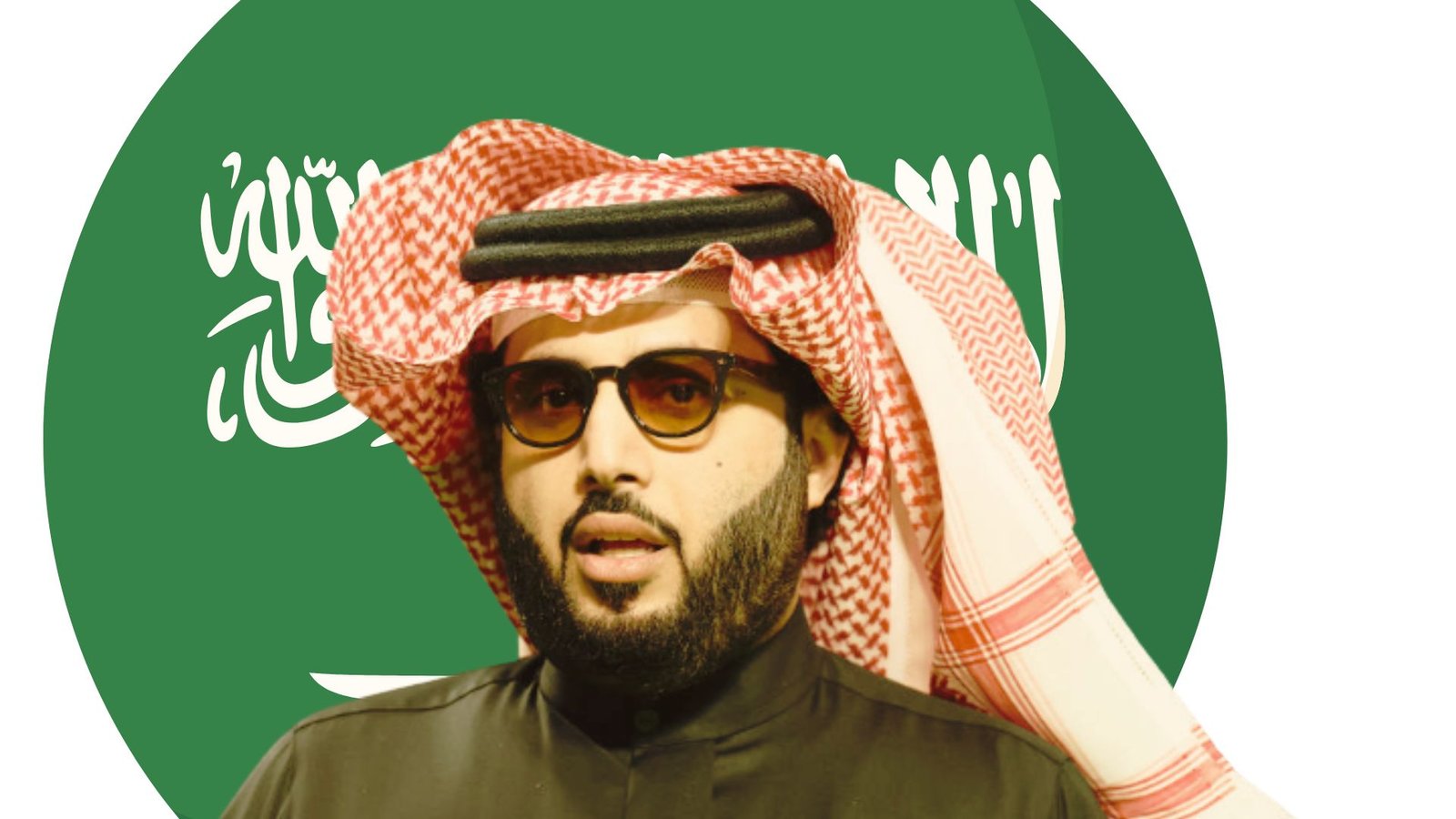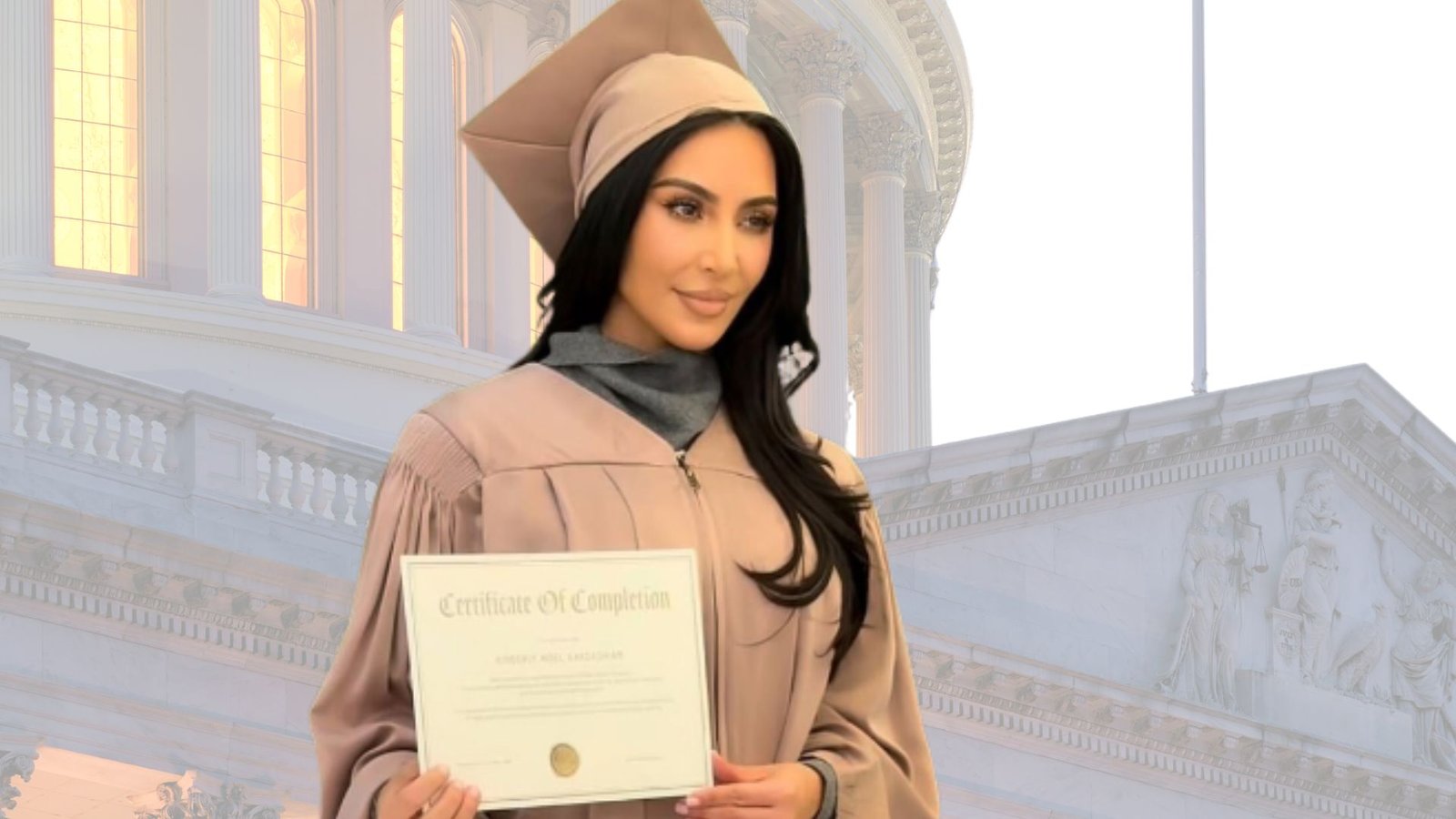Image credit – Getty Images
Becoming an entertainment super hub
Saudi Arabia’s journey through oil wealth since its inception has been nothing short of remarkable. What began as a desert kingdom powered by oil exports has transformed into a nation with global ambitions that extend far beyond petroleum. The country continues to make strides in a globalised world, targeting industries where financial power can translate into prestige, cultural influence, and international recognition.
Today, Saudi Arabia’s strategy is no longer just about economic growth; it’s about shaping global narratives and redefining how the world sees the Kingdom with increasingly strong innovative technologies and practices – constructing a ‘Super City – the Neom’.
Saudi Arabia understands that in the modern economy, soft power, the ability to influence through culture, entertainment, and investment, is just as valuable as oil. The leadership knows that the country’s GDP nominal value and GDP per capita cannot yet compete with the economic giants of the world, such as the United States, China, or Germany. However, rather than entering into direct competition on traditional economic fronts, Saudi Arabia has chosen a different battlefield: the entertainment and sports industries, where influence, visibility, and global audience engagement matter more than GDP rankings.
One of the clearest demonstrations of this strategy has been Saudi Arabia’s growing presence in boxing and combat sports. Through initiatives such as Riyadh Season, the Kingdom has turned itself into a global hub for high-profile fights and sports spectacles. Events that were once deemed impossible, super fights that fell apart due to contract disputes or financial disagreements with promoters and broadcasters, have suddenly become a reality under Saudi backing, led by Turki Bin Al-Sheikh. The reason is simple: the Kingdom has the financial muscle to make things happen through its trillion-dollar empire.
By offering record-breaking purses and lucrative broadcasting deals to the likes of DAZN and Netflix, Saudi Arabia has managed to attract the biggest names in boxing and promote itself as a legitimate centre for world-class sporting entertainment.
The country’s strategy goes beyond hosting events; it’s about rebranding the Saudi image. For decades, the nation was primarily associated with oil exports, strict conservatism, and limited cultural visibility.
Now, through entertainment and sports, Saudi Arabia is telling a new story; a story of openness, modernisation, and global participation and creating a narrative that resonates with global communities. Boxing, in particular, has become a stage where the world’s eyes are fixed on Saudi cities like Riyadh and Jeddah, not for politics or oil, but for culture, energy, and competition.
This entertainment strategy extends further into Hollywood and global media. With major studios facing scrutiny and financial pressure, Saudi Arabia has identified an opportunity to step in as a powerful investor. The country has reportedly backed SNK Studios, spearheaded by former Lionsgate co-president Erik Feig, a new venture that symbolises its growing footprint in global film and media production.
The establishment of SNK Studios marks a pivotal move which cements their ability to compete with studios that may have better recognition than them. Saudi Arabia is not merely financing films; it’s positioning itself as a future hub for global streaming services, production houses, and entertainment startups seeking funding and infrastructure.
Such moves align with Vision 2030, Crown Prince Mohammed bin Salman’s long-term blueprint for diversifying the Saudi economy away from oil dependency. Entertainment and sports are at the heart of that vision. They provide both international recognition and domestic social transformation, offering young Saudis opportunities in creative industries that were once inaccessible.
The Kingdom’s ambitions are also evident in the world of football. The speculation surrounding a Saudi consortium’s attempt to purchase Manchester United illustrates the scale of the entertainment empire the country aims to build. Owning one of the world’s most recognisable football brands would further cement Saudi Arabia’s influence in global sports culture, giving it access to billions of fans and reinforcing its image as a key player in international entertainment.
Critics may argue that this expansion is a form of “sportswashing”, an attempt to improve global perception through investment in popular culture, but from a strategic perspective, Saudi Arabia’s moves are undeniably effective. The nation is positioning itself as a 21st-century powerhouse that understands the currency of attention, media, and cultural engagement. Undoubtedly, understand that money makes the world go around and throwing money in a capitalist system works.
In conclusion, Saudi Arabia’s rise in the global entertainment sector is a calculated evolution from an oil-based economy to an influence-based empire. By investing in boxing, cinema, football, and beyond, the Kingdom is ensuring that its wealth fuels more than energy exports; it fuels global visibility, cultural transformation, and a lasting legacy. Whether one agrees with the strategy or not, Saudi Arabia is no longer just an oil-rich nation; it is becoming a central player in the global entertainment narrative and in five years, the Vision 2030 objectives will be achieved – the conquering begins.




